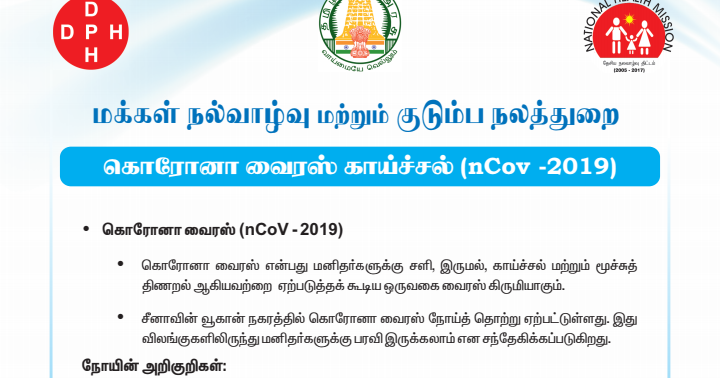Integrating Applied Business Problems and Solutions in IGNOU MCom Project Topics 2025
Introduction to MCOP-001 and Practical Business Problems
The IGNOU Master of Commerce (MCom) program mandates students to complete the MCOP-001 project, a significant component involving approximately 180 hours of work and a report of 15,000–20,000 words. Picking a topic that solves applied business challenges confirms your project is relevant to industry needs and improves your skills. This article explores how to incorporate practical business problems and their applications into your MCom project topic for 2025, such as “Employee Retention in Startups”.
How Come Practical Business Problems Are Important
Tackling practical business issues in your MCOP-001 project highlights your ability to use academic knowledge to actual scenarios, making your research relevant to evaluators. Applied topics tie to ongoing business challenges, such as digital transformation, and allow you to offer applications that improve industries. For example, a topic like “Social Media’s Role in Retail Growth” shows your ability to solve relevant issues, enhancing your portfolio for professional opportunities.
Identifying Practical Business Problems
To select a topic, find practical business problems in marketing or other MCom specializations. Start by reviewing business journals from platforms like Business Standard. For financial management, explore issues like access to credit for SMEs. For marketing, concentrate on problems like building brand loyalty. For employee management, examine challenges like workplace diversity. For instance, “High SME loan rejection rates” are real-world problems ripe for research.
Linking Problems to Real-World Applications
Once you’ve pinpointed a business challenge, connect it to a real-world solution for your project. The MCOP-001 project requires a hypothesis-driven topic that offers strategies to the problem. For example, for the problem of limited credit access, a topic like “Digital Lending Solutions for SMEs” offers solutions like fintech platforms. For consumer behavior, a problem like brand loyalty could lead to “E-Commerce Loyalty Programs”. For HR, solve low engagement with topics like “Workplace Wellness Programs”.
Matching with MCom Specializations
Confirm your topic connects with your MCom area to fulfill academic requirements. For banking, address challenges like financial inclusion with topics such as “Equity Analysis in Stock Markets”. For marketing, center on challenges like consumer retention with topics like “Social Media’s Role in Retail Growth”. For employee management, target issues like diversity with topics like “Impact of Training on Productivity”. This connection guarantees your project is applicable to your studies.
Ensuring Data Availability
A feasible topic needs accessible data to support your research. For real-world challenges, leverage original data from interviews or published information from IBEF. For example, for “Digital Payments in Rural Areas”, obtain financial reports from investors. For consumer behavior topics like “E-Commerce Consumer Trust”, use on consumer surveys. For employee management topics like “Employee Retention Strategies”, conduct employee surveys. Ensure data is responsible and obtainable within the 180-hour timeline.
Crafting a Solution-Oriented Methodology
Your MCOP-001 project needs a plan that solves the issue with real-world solutions. Develop a research plan that incorporates methods like data analysis. For example, for a financial management topic like “Digital Payments and Consumer Trust”, use surveys of SMEs to examine your research question. For a consumer behavior topic like “Social Media’s Role in Retail”, conduct case studies. For an HR topic like “Remote Work Productivity”, use HR data analysis. This methodology showcases your ability to solve applied challenges.
Discussing with Your Supervisor
Consult your IGNOU guide to confirm your practical topic satisfies MCOP-001 standards. Prepare a few topic ideas, each with a short description of the issue, solution, plan, and focus. For example, propose “Retention Programs in Startups” and ask for feedback to perfect your proposal. Your supervisor can recommend focusing the problem or modifying the methodology to verify feasibility.
Instances of Problem-Based Topics
Here are examples of topics addressing real-world business issues:
- Banking: “GST’s Impact on Retail Profitability” – Addresses credit access using surveys.
- Marketing: “Sustainable Marketing in Retail” – Targets low trust with consumer surveys.
- HR: “Training Programs for Engagement” – Tackles productivity using employee surveys.
Useful Tips for Incorporating Business Problems
Here are practical tips to guide you include applied challenges:
- Study news articles to identify ongoing issues.
- Link the challenge to a application within your area.
- Check information sources for your problem from trusted databases.
- Create a methodology with methods like data analysis to tackle the issue.
- Discuss with your mentor to refine your topic for success.

Conclusion
Incorporating applied business challenges and their solutions into your IGNOU MCom project topic for 2025 guarantees a relevant and compelling research experience. By pinpointing live challenges, linking them to solutions, and confirming practicality, you can create a robust MCOP-001 project. Plan carefully to study business challenges, engage your guide, and craft a synopsis that meets IGNOU PhD synopsis’s guidelines for success.